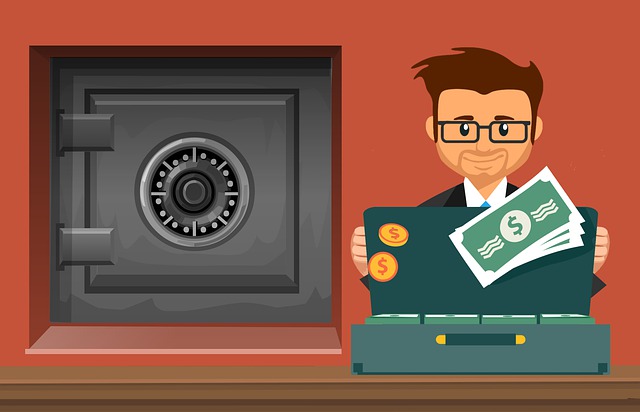Susan Garland advises people on how to be smart about money they inherit, in The New York Times. No matter how much you inherit, she strongly recommends not doing anything with it for some period of time. Here’s what she says you need to think about:
Between paying for housing, health care and education, most Americans are struggling to make ends meet and are not able to save much if any money. If you’re lucky enough to inherit some money, you likely have many ways you could spend it. But, you might not have a good sense of how to prioritize your needs. So, it generally is not wise to go out right away and spend some or all of your inheritance.
Unless you have saved all you need for retirement, it’s probably smart to think about saving and investing most if not all of your inheritance. Today, people who inherit money appear to save only about half of it. And, one in five baby boomers who inherited $100,000 or more spend all of it.
Find out whether you might need to pay taxes on the inheritance. People who inherit money often make the big mistake of not realizing that they may have taxes to pay on their inheritance. In fact, if you’re not careful and you inherit a 401(k) plan or Roth IRA, you could end up with a big tax bill.
One financial advisor recommends that you should take many months, at a minimum, to consider what you should do with an inheritance. During that time, talk to people you trust about your options. If possible, you should hold off making loans to family and friends. Explain to them that you want to take a meaningful period of time to think through your options.
What’s the typical amount people inherit? Fifty percent of inheritances are under $50,000. Thirty percent or so more inheritances are between $50,000 and $250,000. Even if you inherit a lot, you could easily end up frittering the money away if you’re not careful, as many people do.
Of course, everyone needs to decide for themselves how to spend the money they inherit. Still, you might want to consider putting aside the equivalent of six months of expenses in case of emergency.
If you’re nearing retirement or recently retired, you might also use the money to pay for your living expenses so that you can delay taking Social Security benefits. Every year you delay taking Social Security benefits up to age 70, you increase your benefits by about eight percent.
You might also use your inheritance to pay off debt with high-interest rates. Instead of continuing to pay the high interest, you might put that money aside as savings. Than again, if you are paying low interest on your debt, you might not want to pay off your debt.
If you’ve inherited someone’s IRA account, you need to follow the legal rules in order to avoid paying huge taxes on your inheritance. If you follow the rules, you can keep the money and allow it to grow tax free. You pay taxes only on the annual distribution you are required to take.
However, keep in mind that if you move the IRA money you inherit into another bank account–even if it’s your own IRA account–all of it becomes taxable right away. You want to establish a special bank account for your inherited IRA and have the bank transfer the funds you are inheriting directly into that account.
If you inherit a Roth IRA, you must take an annual distribution. Your yearly Roth IRA distribution is tax free. But, if you don’t take the distribution, you must pay a 50 percent penalty to the IRS on the amount you should have taken as a distribution.
Don’t let your love and respect for the person who gifted you the money get in the way of investing it in ways that best suit your needs. You should not assume that the money you inherited is invested in the best possible investment vehicle for you. Explore different investment vehicles for your inheritance. Consider putting the money in a few different stocks or bonds to protect yourself. If the money’s in one company and it goes belly up, you could lose it all.
Here’s more from Just Care:







